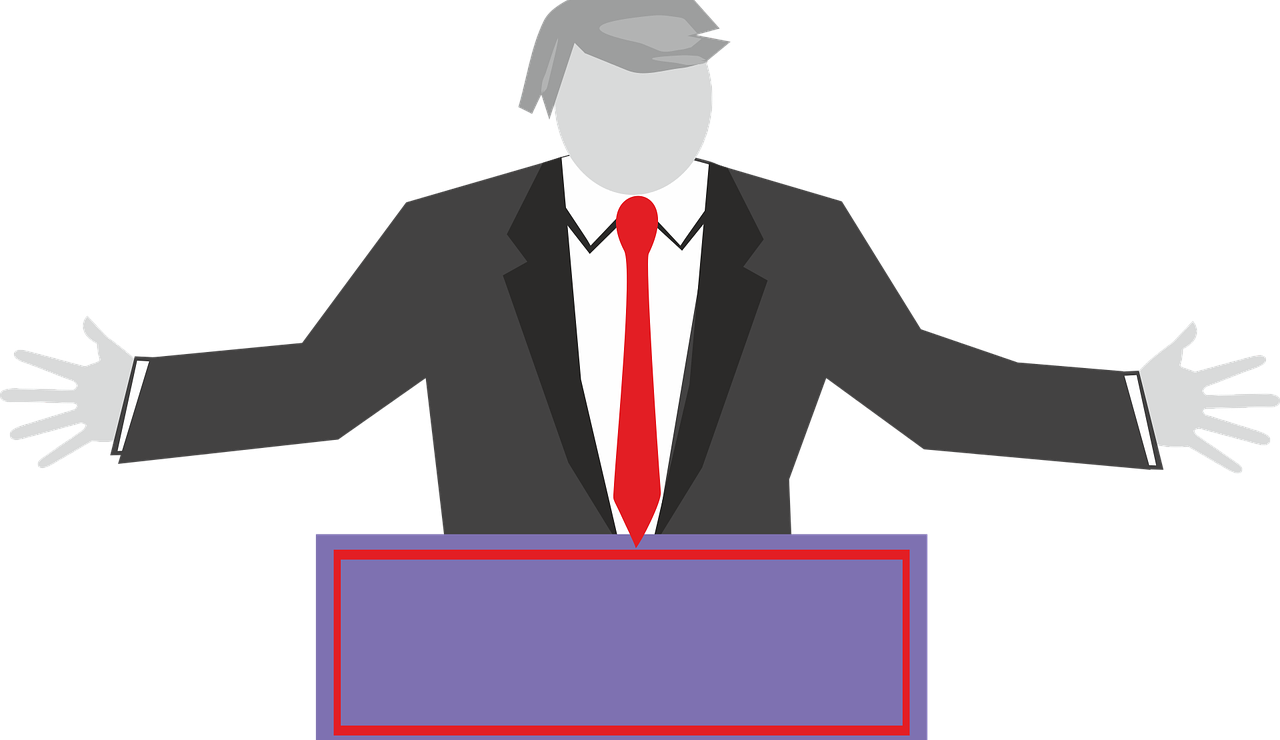
In an electoral campaign, candidates for political office present their proposals.
An electoral campaign is a process in which those who run as candidates for political office disseminate their proposals with the aim of convincing voters . The purpose of these campaigns is to seduce voters to influence their decision when casting the vote.
The concept of campaign is used in different contexts. It may be a series of actions that are carried out for a certain purpose and the time period in which these acts are carried out. Electoral , for its part, is that linked to elections or voters .
Characteristics of an electoral campaign
During an electoral campaign, a candidate tries to make his political project known . Suppose a man is the presidential candidate of a certain party. In the campaign he will seek to reach as many voters as possible to inform them what he plans to do if elected. His goal is to convince each individual to vote for him.
The electoral campaign requires the activism of the militants to be carried out. Candidates need the support and support of many people to cover the entire territory and thus spread the message among more voters.
Another necessary factor in an electoral campaign is money . A lot of funds are needed to cover logistics (travel, accommodation, etc.) and to advertise the candidates. Within the framework of the electoral campaign, advertising advertisements are carried out on television, radio, newspapers and digital media, and even on public roads through posters.

Acts with militancy are very important in electoral campaigns.
Tips for your development
In an electoral campaign, strategy is everything. We cannot intend to launch an electoral campaign without having a previously outlined path, a series of well-defined objectives that distinguish us from the competition and articulate all our efforts. Given the volume of resources involved in a process of this type, taking into account the money and the people who contribute various knowledge from their respective fields, it would be inconceivable to improvise at every step.
Precisely, one of the axes of the strategy is budget management, essential to reach the end of the electoral campaign with enough money to keep up with the competition. Although it goes against the ideal of political organization, in the real world money makes the difference between success and failure.
Voting intention should not be estimated in relation to the number of people who attend the events, and that is why it is necessary to pay attention to other parameters. Surveys, for example, are a good reference point to measure people's opinion, but they are not decisive, something that has been proven on more than one occasion worldwide.
To obtain the best results, it is essential to choose the aspects of our proposal that best represent us and try to disseminate them through all the media . Without a doubt, radio is the most effective, despite being the oldest of all, since it gives rise to debate by hosts and listeners. The penetration rate of radio is incalculable, and this is because it can accompany us throughout the day, in all types of activities, from trips to breaks at work or school.
The perfect candidate knows their program inside out and is able to give their lectures without appearing to be reading a document that a stranger has just handed them. This extends to debates, where it must be expressed clearly and incisive.
